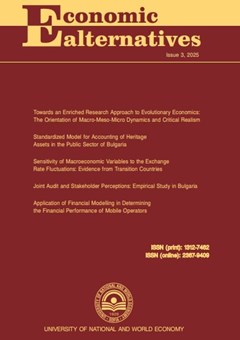Financial Access and Transitional Economy Productivity: Is Faster Better?
Authors: Tuyen Quang Tran, Dinh Van Nguyen, Dao Van Le
Abstract
This study provides empirical evidence concerning the impact of financial access on total factor productivity (TFP) and its components in a transitioning nation (i.e., Vietnam). The results reveal a U-shaped relationship between financial access and TFP. This implies that the rapid rise of financial access in an economy characterized by informal sectors, high cash usage, and substantial state bank control, as in Vietnam, may result in costs outweighing the benefits. Notably, the study affirms the positive moderating role of institutional quality on the nexus being examined, while the application of information and communication technology (ICT) might exacerbate pre-existing risks in the financial market when the population accesses financial services to excess. The study’s findings are reinforced by addressing endogeneity, cross-sectional dependence, and heteroscedasticity concerns through estimations utilizing the two-step generalized method of moments (GMM) system, a panel corrected standard error estimator (PCSE), and feasible generalized least squares (FGLS) estimators. Consequently, these research findings offer a more in-depth insight for policymakers and researchers regarding the impact of financial inclusion on the economy, particularly in transitioning nations.

